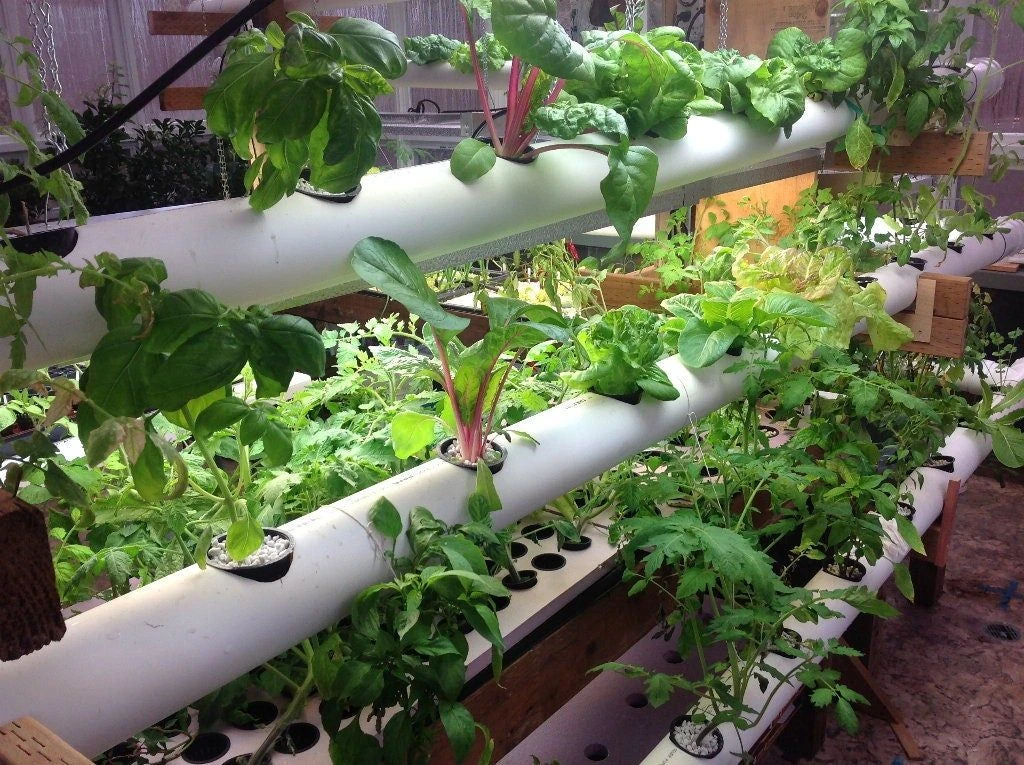In the world of PVC Pipe DIN 8080 manufacturing, enhancing the properties of the final product is crucial for meeting various industrial standards and requirements. One innovative approach gaining traction is the use of locally available limestone as a reinforcement filler. This method not only utilizes a readily accessible resource but also contributes to the performance and cost-efficiency of PVC pipes. Let’s explore how limestone reinforcement works and why it’s becoming a popular choice in the industry.
Introduction
Polyvinyl Chloride (PVC) pipes are widely used across different sectors for their durability, cost-effectiveness, and versatility. To further improve the mechanical properties of these pipes, manufacturers are increasingly turning to locally available limestone as a reinforcement filler. This approach enhances the performance of PVC pipes while leveraging a sustainable and cost-effective material.
What is Limestone Reinforcement?
Limestone reinforcement involves adding finely ground limestone to the PVC formulation during the manufacturing process. This reinforcement filler helps enhance the physical properties of PVC pipes DIN 8080, including their strength, stiffness, and resistance to impact and abrasion.
Benefits of Using Limestone as a Filler
The incorporation of limestone as a filler in PVC Pipe DIN 8080 offers several advantages:
1. Improved Mechanical Properties: Limestone reinforcement enhances the tensile strength and rigidity of PVC pipes. This results in pipes that can withstand higher pressures and stresses, making them suitable for more demanding applications.
2. Cost Efficiency: Locally sourced limestone is often more affordable than other fillers or raw materials. Using limestone as a reinforcement filler can reduce the overall production costs of PVC pipes, making them more competitive in the market.
3. Enhanced Durability: The addition of limestone improves the impact resistance and durability of PVC pipes. This makes them more resilient to physical damage and extends their service life, reducing the need for frequent replacements.
4. Environmental Benefits: By utilizing a locally available resource, manufacturers can reduce the environmental impact associated with transporting and sourcing alternative fillers. Limestone is abundant and widely available, making it a more sustainable choice.
How is Limestone Added to PVC Pipes?
The process of incorporating limestone into PVC pipes DIN 8080 involves several key steps:
1. Sourcing and Processing: Limestone is extracted from local quarries and then finely ground into a powder. The quality of limestone is crucial, as it affects the performance of the final product.
2. Mixing:
3. Extrusion:
4. Quality Control: The finished pipes undergo rigorous testing to ensure they meet industry standards and specifications. Quality control measures ensure that the limestone reinforcement achieves the desired performance enhancements.

Applications of Limestone-Reinforced PVC Pipes
Limestone-reinforced PVC pipes DIN 8080 are suitable for various applications due to their enhanced properties:
1. Water Supply Systems: These pipes are used in water distribution and supply systems, where their improved strength and durability are advantageous for handling high pressure and flow rates.
2. Sewage and Drainage: The enhanced impact resistance and abrasion resistance of limestone-reinforced PVC pipes make them ideal for sewage and drainage systems
3. Industrial Piping: The increased stiffness and strength of these pipes are beneficial for industrial applications that require reliable and long-lasting piping solutions.
Challenges and Considerations
While limestone reinforcement offers several benefits, there are some challenges and considerations to keep in mind:
1. Quality of Limestone: The quality of the limestone used as a filler can affect the performance of the PVC pipes DIN 8080. Manufacturers must ensure that the limestone meets specific standards to achieve the desired results.
2. Compatibility:
3. Regulatory Compliance: Manufacturers need to ensure that limestone-reinforced PVC pipes comply with industry regulations and standards to ensure safety and performance.
Future Outlook
The use of locally available limestone as a reinforcement filler in PVC pipes DIN 8080 is likely to gain further popularity as manufacturers seek cost-effective and sustainable solutions. Continued advancements in processing techniques and quality control will enhance the benefits of limestone reinforcement, driving its adoption in various applications.
Conclusion
Incorporating locally available limestone as a reinforcement filler for PVC Pipe DIN 8080 offers a range of benefits, including improved mechanical properties, cost efficiency, and environmental sustainability.
FAQs
What is limestone reinforcement in PVC pipes?
Limestone reinforcement involves adding finely ground limestone to PVC during manufacturing to enhance the pipes’ strength, stiffness, and durability.
What are the benefits of using limestone as a filler?
Benefits include improved mechanical properties, cost efficiency, enhanced durability, and environmental sustainability.
How is limestone added to PVC pipes?
What applications are suitable for limestone-reinforced PVC pipes?
These pipes are ideal for water supply systems, sewage and drainage systems, and various industrial applications.
What challenges are associated with limestone reinforcement?
Challenges include ensuring the quality of limestone, managing compatibility with other additives, and complying with industry regulations.